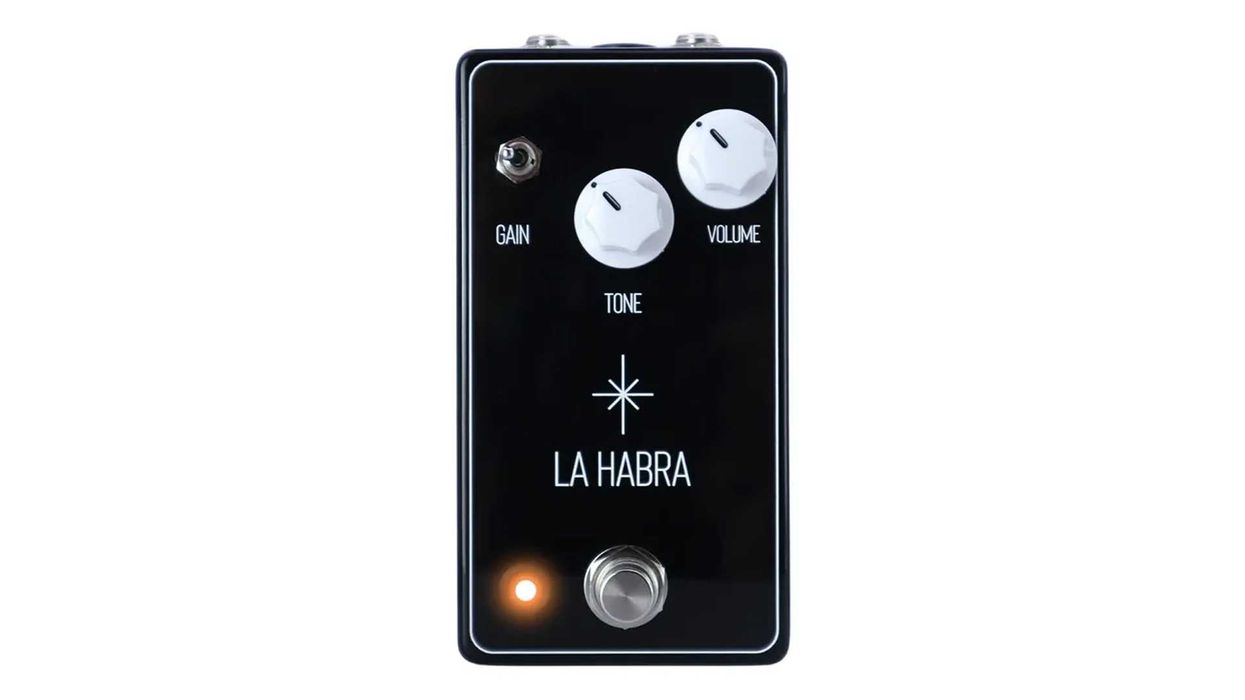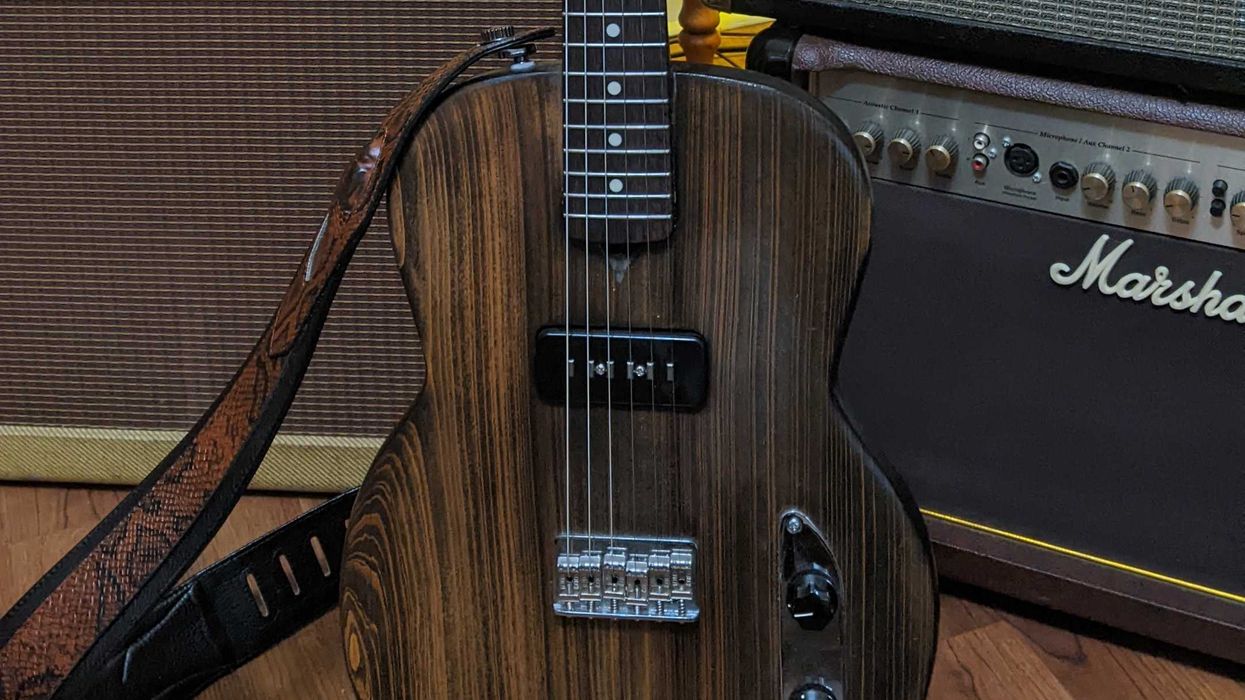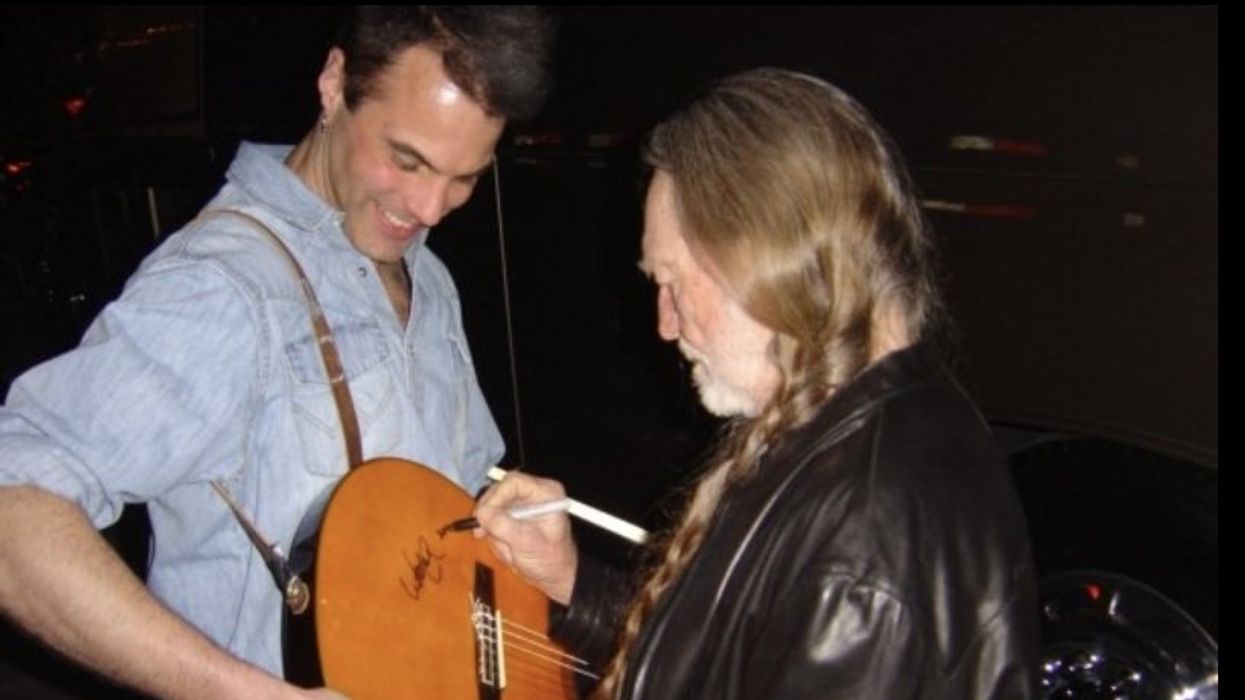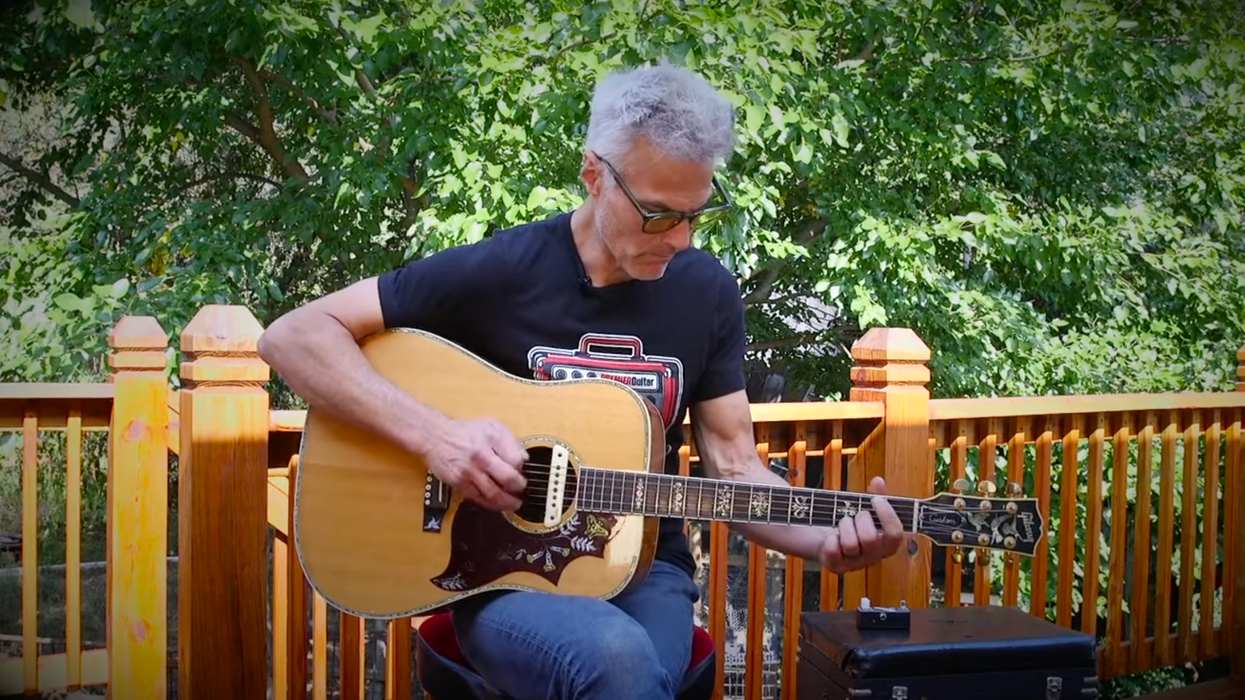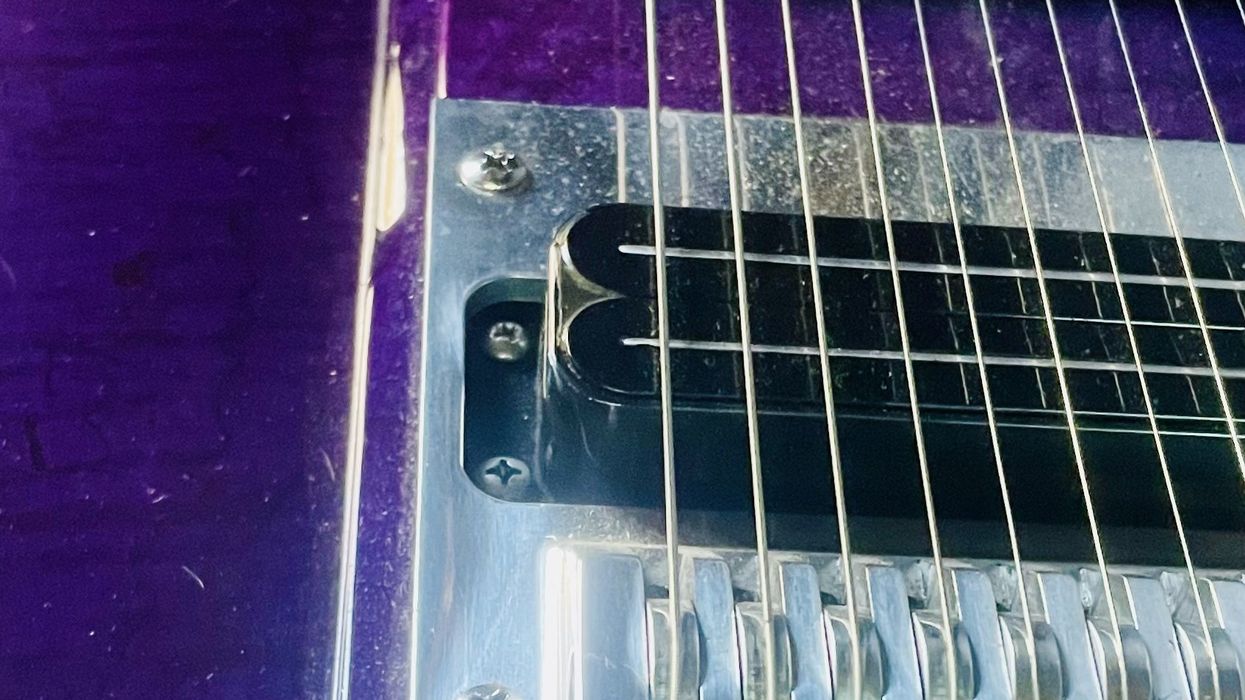A friend of mine owned an NBA team and an NFL team. Once, I overheard him talking on the phone about trading a player. When asked what goes into that, he told me that although actuaries cannot accurately predict your life span, there are hard numbers that show a highly accurate decline of muscle with age. This inevitable muscle loss leads to injuries and a general decline in performance. The numbers make it clear that there’s an expiration date on every professional athlete, even factoring in the outliers. Every time I groan as I load my amp into my car, I think about that conversation to fuel my anxiety and fatalism on the weary drive to and from the gig. If professional athletes in their late 20s are physically past their prime, how long can the average musician keep going, factoring in our proclivity toward late nights and the adjacent vices?
I don’t want to be the guy moaning, “Oh, my aching back,” but the reality is, mountains turn to dust and so do we. That’s the price of admission. I’m doing everything I can to push back my expiration date: exercise, yoga, acupuncture, constant stretching, massage, practicing physical awareness, and trying not to eat poison. Despite these precautions, my hands have new issues with numbness and stiffness, and there’s a lot of pain in my lower back, forearms, neck, and shoulders. Many paranoia-driven Google searches later, I’ve narrowed my newish ailments down to a blend of carpal tunnel, arthritis, gout, vitamin B12 deficiency, lupus, rickets, Long Covid, and/or an adverse response to my multiple Covid vaccinations.
It could be a natural part of the aging process that has recently accelerated, or it could be something else. I’m just hoping to fix it if it’s fixable.
I’m reluctant to even mention the latter. Eric Clapton told his friend, Italian architect Robin Monotti Graziadei, “My hands and feet were either frozen, numb or burning, and pretty much useless for two weeks. I feared I would never play again.” Graziadei shared this info on social media and Clapton was immediately labeled an old crank and became a pariah. These are strange times where an opinion shared even in private can undermine your personal and professional life. To be clear, I’m not saying the vaccine is the cause of my physical glitches. I’m saying Clapton’s issues sound very similar to mine.
Diagnosing a physical problem is the most difficult task of any healthcare professional because we’re all physiologically unique. On top of that, this is not a lab; there’s no control group in the real world. Everyone has their own lifestyle, genetics, diet, and stress that combine to affect us differently. It could be a natural part of the aging process that has recently accelerated, or it could be something else. I’m just hoping to fix it if it’s fixable.
What has helped the most is trying to be more present all the time, checking in with my body throughout the day, but particularly when I’m playing music, like the body awareness you’re supposed to be focusing on while doing yoga. I’m noticing how I’m holding too much tension, hitting too hard, trying too hard, tensing up my neck, arms, and hands when I’m playing. I’m trying to be aware of tension and letting it go. I’m attempting to do the same thing with my brain … let go of those thoughts that undermine a performance, or basic happiness. That may be a secret to life— knowing what to hold onto and what to let go of.
Maybe it’s because Basie was so in tune with the band and the music that he placed that note at the perfect place with the perfect volume, with the perfect attack and decay.
Honestly, although my hands are not at their prime, being more aware of what they’re doing probably makes me sound better. I’m more relaxed. I try to slow down and feel it, which improves my pocket. Maybe that’s the way it works. You get older, your body disintegrates but you learn enough along the journey that you can compensate. I read an interview with Les Paul, who said:
“It was a great pleasure playing with Count Basie just before he died. Talking about him, he’d just lift his left hand and take one finger and hit one note. It was the best damn note I ever heard. It’s not how many notes you play; you just have to play the right ones!”
Maybe Les felt it was the best note because of the emotional context of watching a dying friend performing. Or maybe it’s because Basie was so in tune with the band and the music that he placed that note at the perfect place with the perfect volume, with the perfect attack and decay. The Count wasn’t counting bars or reading. That old dude was going full Jedi-Yogi and connected to the universe. Les Paul recognized it because he, too, was Jedi-Yogi.
So, if someday my hands turn to blocks, I will try to hit my one note in the perfect place, with just the right feel and volume to make it sing.
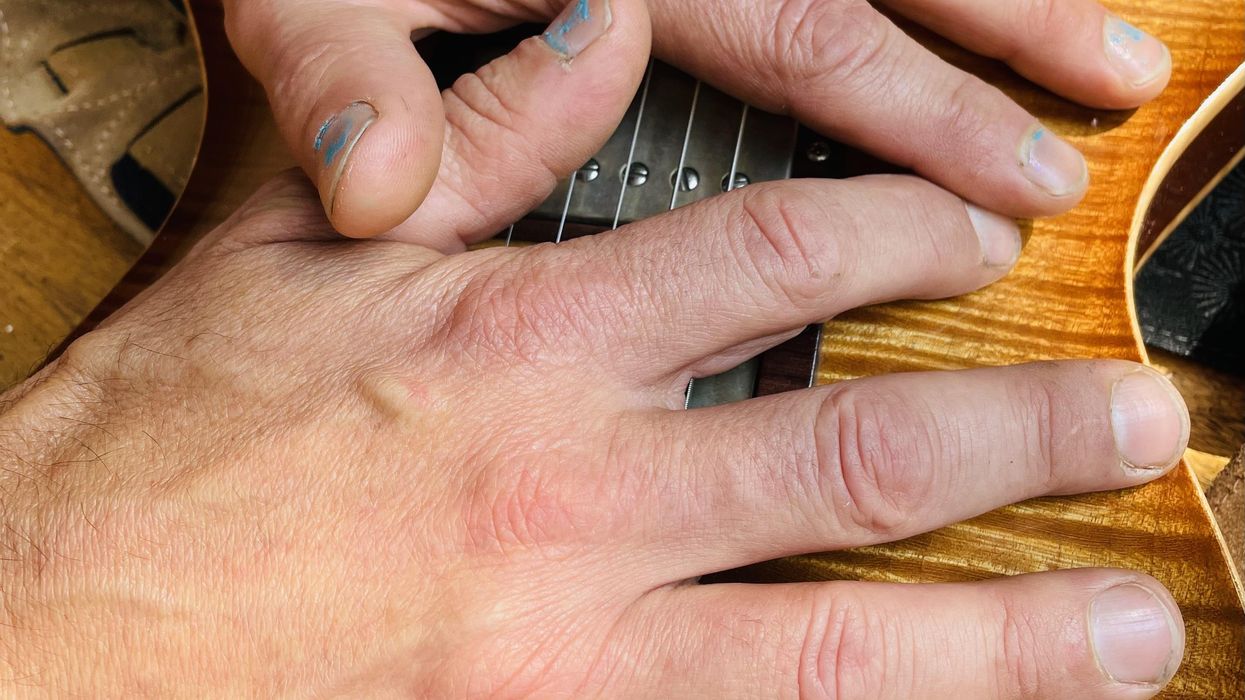

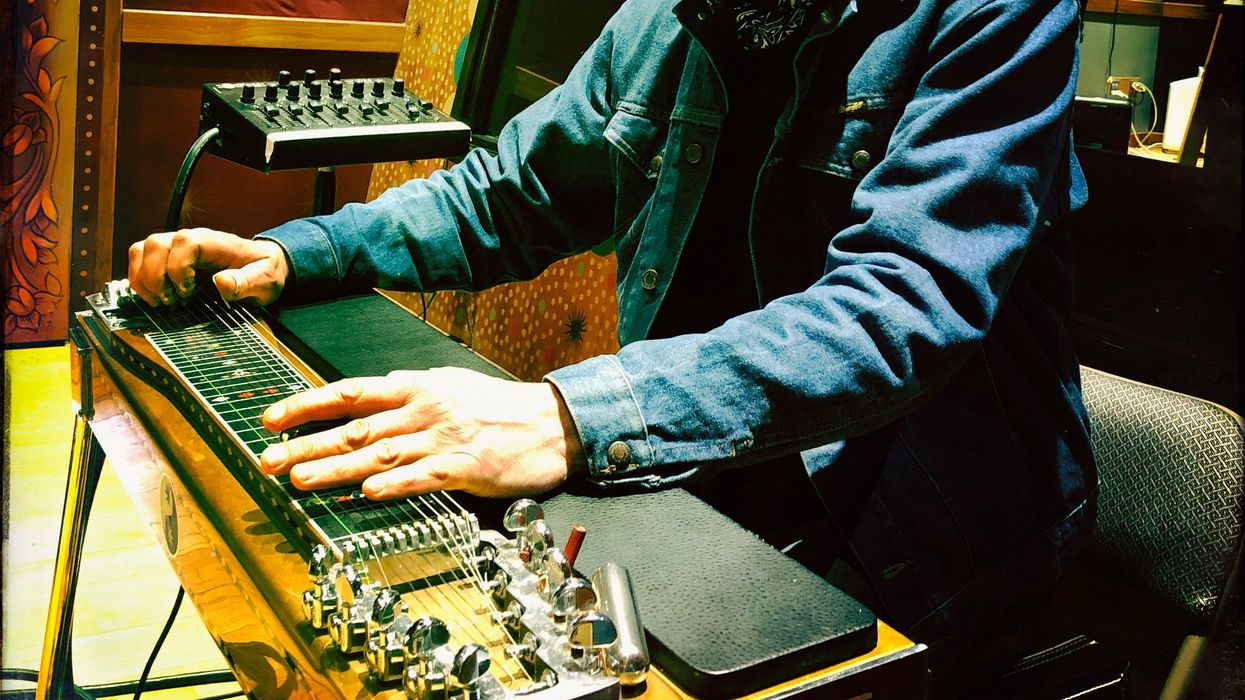
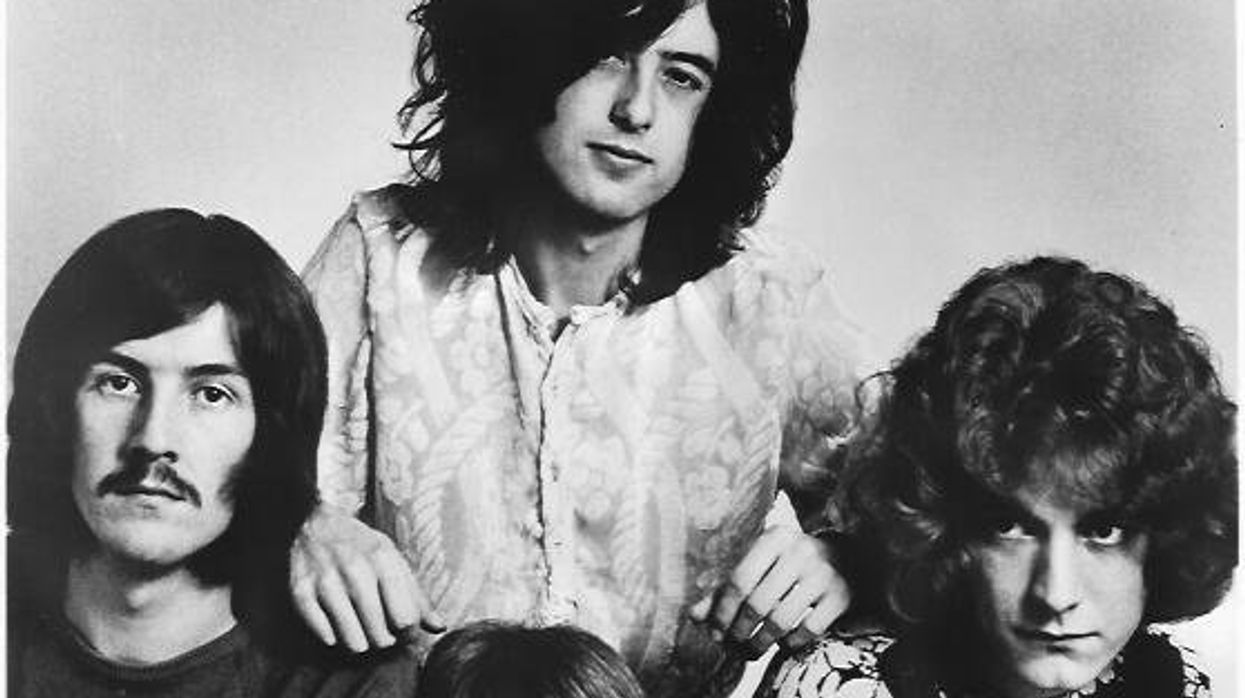

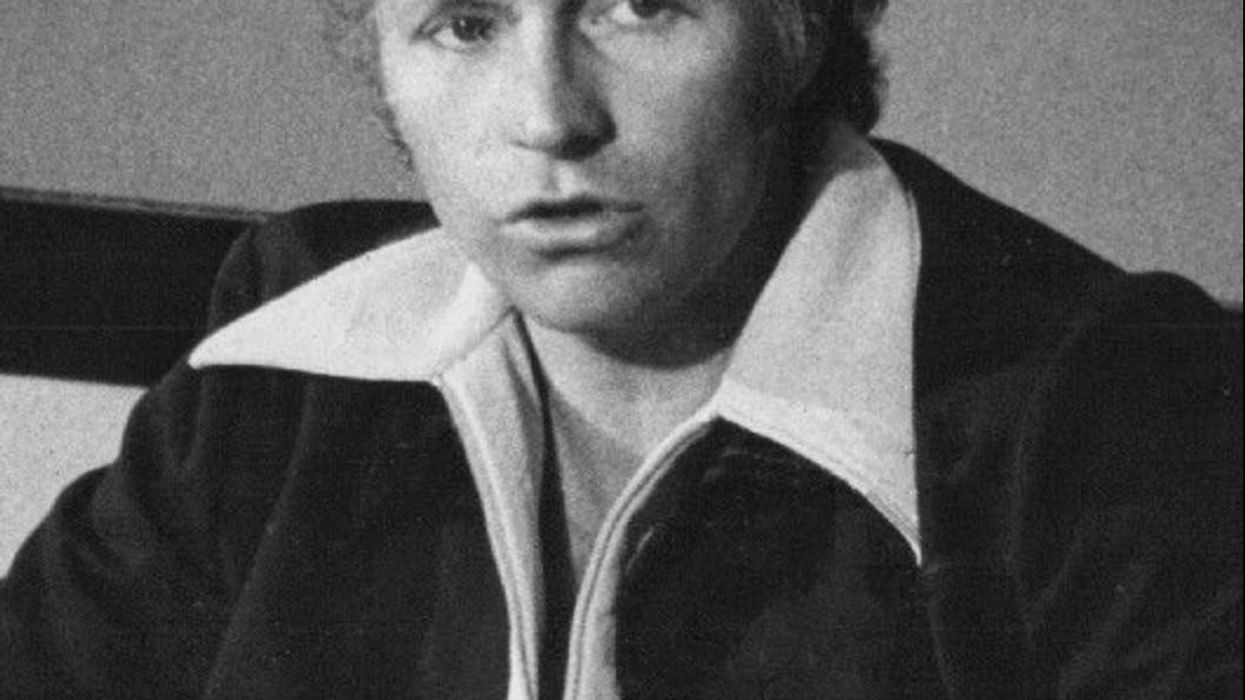

![Devon Eisenbarger [Katy Perry] Rig Rundown](https://www.premierguitar.com/media-library/youtube.jpg?id=61774583&width=1245&height=700&quality=70&coordinates=0%2C0%2C0%2C0)

